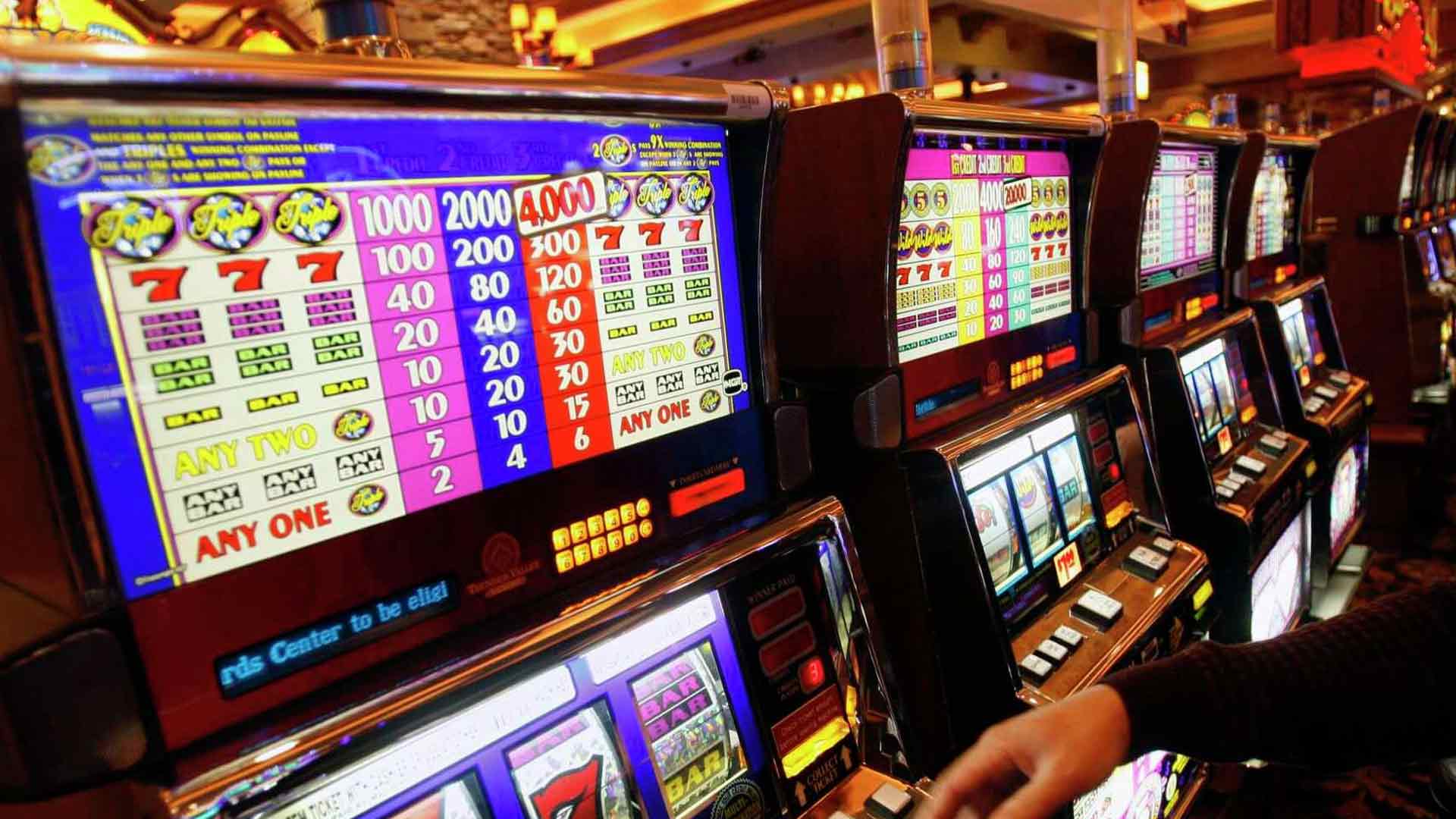The Art of Bluffing Under Pressure

The Art of Bluffing Under Pressure: Mastering the Mental Game
Bluffing under pressure is a high-stakes game of psychology, intuition, and calculated risk. It's a skill honed over time, requiring a deep understanding of your opponent, the situation, and, most importantly, yourself. Whether you're in a high-stakes poker game, a crucial business negotiation, or facing a critical decision in your career, the ability to bluff effectively can be the difference between success and failure.
The core of bluffing lies in creating a believable narrative. You need to convince your opponent that you possess strength when you actually hold weakness, or vice versa. This involves projecting confidence, controlling your body language, and carefully choosing your words. Remember, it's not just about lying; it's about constructing a plausible reality that your opponent will buy into.
Understanding the Psychology of Deception
To bluff effectively, you need to understand how people think and make decisions. Fear, greed, and ego are powerful motivators that can cloud judgment. By identifying your opponent's vulnerabilities, you can tailor your bluff to exploit their weaknesses. For instance, if your opponent is risk-averse, a well-timed aggressive move might deter them from calling your bluff, even if they suspect you're weak.
Conversely, understanding your own tells is crucial. We all have unconscious habits and behaviors that betray our true feelings. Becoming aware of these tells and actively working to control them is a vital step in mastering the art of bluffing. Practicing in low-stakes situations can help you identify and eliminate these giveaways.
The Importance of Context and Timing
A bluff is only as effective as its context. The stakes, the stage of the game, and your opponent's perception of you all play a role in determining its success. A bold bluff early in the game might be easily called, whereas a similar bluff later, when the stakes are higher and your opponent is invested, might be more effective.
Timing is equally crucial. A well-timed bluff can disrupt your opponent's strategy and force them into making mistakes. However, a poorly timed bluff can backfire spectacularly, leading to significant losses. Consider the narrative you've built throughout the interaction. Does the timing of your bluff align with that narrative, or does it feel forced and unnatural?
Techniques for Projecting Confidence
Confidence is contagious. Even if you're feeling uncertain, projecting confidence can significantly increase the chances of your bluff succeeding. Maintain eye contact, speak clearly and deliberately, and avoid fidgeting or showing signs of nervousness. Remember, your body language speaks volumes.
Another technique is to use strategic silence. Pauses can create tension and uncertainty, making your opponent question their own judgment. Use silence to your advantage, especially after making a bold move. Let the pressure build, and allow your opponent to talk themselves into believing your bluff.
Managing Risk and Minimizing Losses
Bluffing is not without its risks. Before attempting a bluff, carefully assess the potential rewards and consequences. How much are you willing to lose if your bluff is called? What are the potential gains if it succeeds? Weigh these factors carefully and make a calculated decision.
It's also important to know when to cut your losses. If your bluff is called and you're facing significant consequences, don't double down on a losing hand. Admitting defeat and moving on to the next opportunity is a sign of strength, not weakness. Remember, even the best bluffers get caught sometimes.
Ethical Considerations in Bluffing
While bluffing is a legitimate strategy in many competitive situations, it's important to consider the ethical implications. Is your bluff causing undue harm to your opponent? Are you exploiting their vulnerabilities in a way that feels unethical? While the line between skillful deception and unethical manipulation can be blurry, it's important to be mindful of your actions and their potential impact.
Ultimately, the art of bluffing under pressure is about mastering the mental game. It's about understanding yourself, your opponent, and the situation, and using that knowledge to create a believable narrative that achieves your desired outcome. Remember to practice, learn from your mistakes, and always be mindful of the risks and rewards involved. Explore more strategies and insights on games and competitions at m88 msports.
```